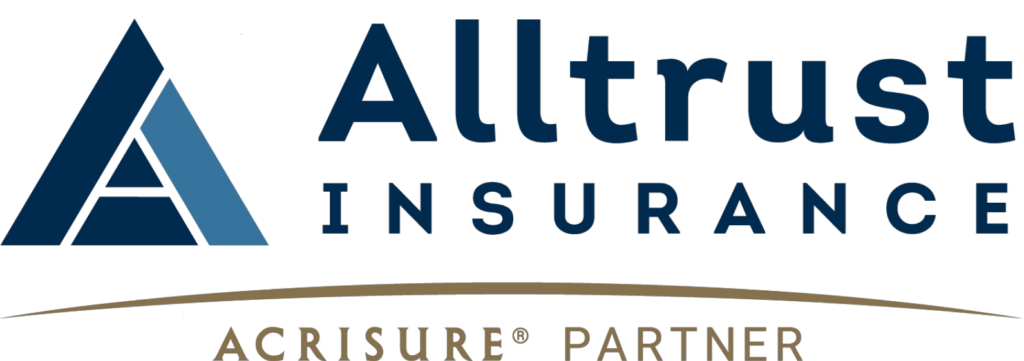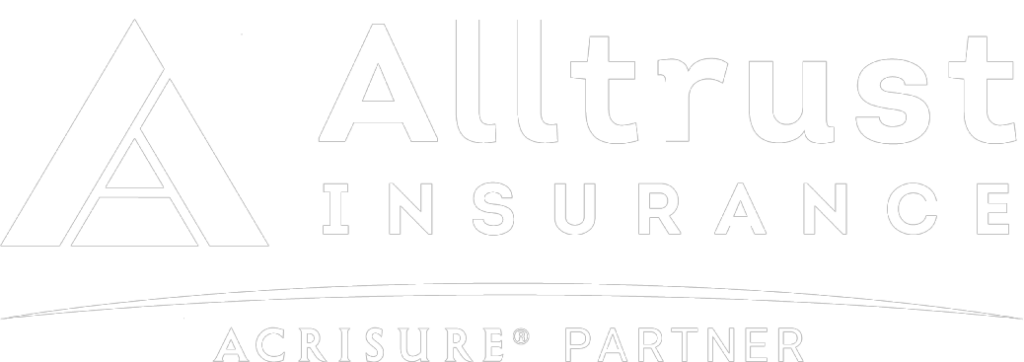Corporate learning has become a corporate challenge. Never before has the learning function been under so much scrutiny as it is in today’s work environment. Executives want to see a strong return on investment and the pressure to succeed is mounting on HR and learning professionals. The problem is compounded by the fact the workforce has changed and continues to morph. Millennials are in charge as older generations continue to decline in size, but the Millennials won’t be driving the bus for long. Generation Z, also called the iGen, is continuing to grow.
Meanwhile, HR is experiencing the reality that a labor shortage exists, and it is inhibiting its ability to find top candidates to fill their open ranks. Corporate learning has become the next big tool in the War for Talent as it adds to the company’s overall attractiveness and competitiveness in the talent market.
What is Corporate Learning
As a basic definition, corporate learning is defined as a system of development activities designed to educate employees. Most of these activities happen “in house” and are not often extracurricular in nature.
But corporate learning has become more than just training new employees and leaders. While that is still a part of the function, the evolution now includes being a strategic partner critical to the success of the business. Why? In addition to the changes notated above, there also exists the reality that many companies are suffering from a skills gap of some sort. Recovery is not an easy task as it can take between two to five years before a seasoned professional can become fully productive. This means companies must continually train, retrain and educate employees in order to grow. And that learning doesn’t just include learning around the day-to-day activities of an employee. It must also include leadership development across all levels.
The Learning Strategy
The cornerstone of an excellent learning program, especially one that drives business success, is one with a robust, targeted learning culture. While every company and organization have a learning culture of some sort, its strength relies on several factors including:
- Targeted goals
- Content
- Delivery/Technology
- Application
- Knowledge retention
Components Explained
Let’s dive into each factor:
Targeted goals – When discussing targeted goals, this includes several components such as training required by the company both as it relates to company policy and compliance and day-to-day skills and procedures. These are knowledge areas that are critical to understand for the employee. It also includes the alignment of learning goals with business success.
Content – Content pertains to any piece of learning information that is shared with the employee throughout development. Not all content is required to be received by the employee. In most cases, the content provided is targeted based on the employee’s level of expertise and position within the company hierarchy.
Delivery/Technology – When thinking about delivery and technology, focus on the way in which content is made available to the employee. On one side, it’s strategic in that it could be microlearning, instructor-led training, social learning or eLearning. On the other, it’s about the form the content takes: video, text, virtual reality, etc.
Application – Application refers simply to the learned knowledge being put into practice correctly and effectively. Effectiveness pertains not just to using the knowledge but using it in such a way that it increases productivity and, in some cases, safety.
Knowledge retention – Knowledge retention focuses on the employee’s ability to retain the knowledge learned.
Leadership development is a necessary strategic component of a company’s on-going training program. By focusing on your employees’ education, you are investing in their future while also building your company’s culture of learning.
This article is an excerpt from HR Exchange Network
Written by Mason Stevenson




